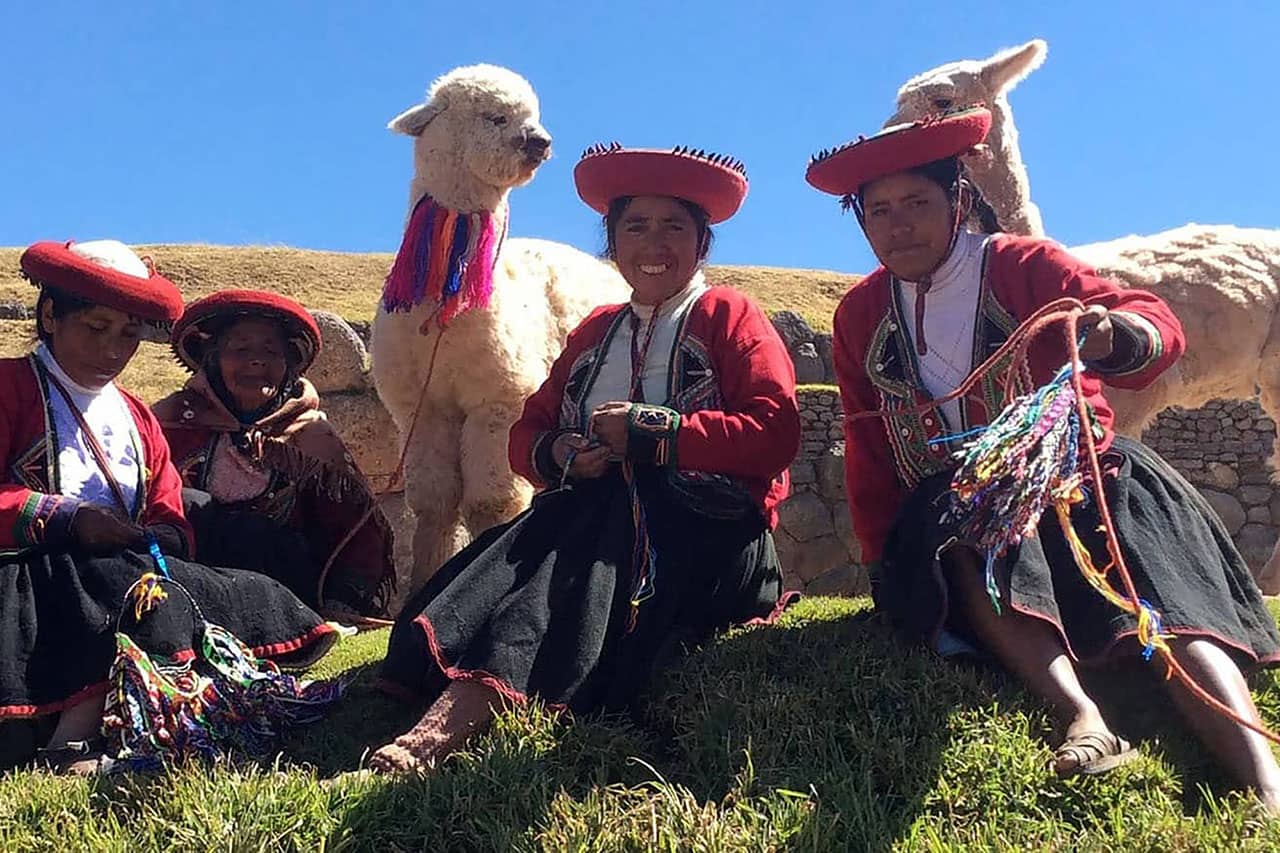Factsheet: Indigenous Peoples

Why is this issue important in relation to effective security and human rights risk mitigation?
Indigenous Peoples have distinct rights protecting their survival, dignity and well-being and companies have a responsibility to respect these rights. There is also a strong expectation from clients, investors, market actors and other stakeholders that companies fulfil this responsibility. Given the extreme vulnerability of many Indigenous Peoples, companies should adopt a heightened level of due diligence when consulting and engaging with them.
Furthermore, companies that engage positively with Indigenous Peoples and work constructively in a framework of respect are more likely to avoid grievances or misunderstandings, gain community support and build a positive reputation. Escalation of conflicts can be prevented and potential security incidents can be managed responsibly.
Indigenous Peoples Rights include:
- Free, Prior and Informed Consent (FPIC): A specific right that is well established in international instruments and national laws and incorporated in most instruments relating to the rights of Indigenous Peoples. It allows them to give or withhold consent to a project that may affect them or their territories. Once Indigenous Peoples have given their consent, they can withdraw it at any stage. Furthermore, FPIC enables them to negotiate the conditions under which the project will be designed, implemented, monitored, and evaluated. FPIC is embedded in the right to self-determination, by virtue of which indigenous peoples freely determine their political status and pursue their economic, social and cultural development.
- Rights to property, culture, religion, and nondiscrimination in relation to lands, territories and natural resources, including sacred places and objects.
- Rights to health and physical well-being in relation to a clean and healthy environment.
- Rights to set and pursue their own priorities for development.
- The right to make authoritative decisions about external projects or investments.
Indigenous peoples: what should companies do?
- Ensure that Indigenous Peoples are appropriately identified and prioritized; when engaging with Indigenous Peoples, the company and its security providers should consider the specific cultural characteristics, governance structures, and traditional ways of interacting.
- Ensure inclusive decision-making that takes into account and responds to the concerns of Indigenous Peoples. This is crucial to maintain good community relations. The absence of consent and eviction of lands to which Indigenous Peoples have special connection for cultural, religious, traditional or livelihood reasons, have been a common cause for public demonstrations, social tensions, conflict and litigation.
- Understand the context of rights of Indigenous Peoples and include a relevant analysis tailored to each context as integral to the HRDD procedure.
- Include the recognition of Indigenous People’s rights and free, prior and informed consent in company policy commitments and ensure that company operations and security providers in complex environments are made aware of, and practice and seek FPIC on a continuous basis.
- Create and maintain appropriate grievance mechanisms that can respond to concerns and complaints of indigenous persons and trigger renewed analysis and engagement on FPIC.
Example of Good Practice
A gold mine project in Latin America is located on the traditional lands of a tribal group, recognized as an indigenous people/tribal people by the company and the international community. Afterwards, the company and the tribal group signed a letter of intent acknowledging that the gold mine is operating on the ancestral lands of the tribe. The company states that its engagement and agreement-making processes are “based on the principles of FPIC” but the company did not officially obtain FPIC.
In the coming years, the company and members of the tribal negotiating committee (appointed by traditional authorities of the tribe) negotiated and reached a cooperation agreement that stipulates the roles and responsibilities delineated in the letter of intent. The letter of intent included provisions for environmental monitoring, community health and safety, informal community mining, grievance mechanisms, and community information sharing. Afterwards, the company commissioned an NGO to gather an expert panel to consider issues of FPIC and make recommendations on their engagement with the indigenous groups in Latin America. The panel’s assessment highlighted both strengths and weaknesses in the implementation of FPIC principles and included recommendations for the company on how to better align its community engagement practices with the principles of FPIC within a human rights framework in the future. The process contributed to improving the company’s understanding of FPIC and strengthening community engagement.
Sources
- Good Practice Guide: Indigenous Peoples and Mining (International Council on Mining and Metals 2015), p. 115
- Free, Prior and Informed Consent (FPIC) within a human rights framework: Lessons from a Suriname Case Study (RESOLVE FPIC Solutions Dialogue 2017)
- Newmont Partnerships and Learning Network
Practical Tools
- Due Diligence Guidance for Meaningful Stakeholder Engagement in the Extractive Sector, Annex B (OECD 2017)
- IRMA Standard for Responsible Mining, chapter 2.2 (Initiative for Responsible Mining Assurance 2018)
- Good Practice Guide : Indigenous Peoples and Mining (International Council on Mining and Metals 2015)
- Indigenous Peoples Mapping Tool (IPIECA 2017)
Key Resources
- UN Declaration on the Rights of Indigenous Peoples (UN General Assembly 2007)
- ILO Indigenous and Tribal Peoples Convention (International Labour Organisation1989)
- IRMA Standard for Responsible Mining, (Initiative for Responsible Mining Assurance 2018)
- Engaging With Free, Prior, and Informed Consent (BSR 2012)
- International instruments on FPIC (IPIECA 2017)
- Performance Standard 7 – Indigenous Peoples (International Finance Corporation 2012)
- FPIC and the Extractive Industry: a Guide to Applying the Spirit of Free, Prior, and Informed Consent in Industrial Projects (International Institute for Environment and Development 2013)

Factsheet: How can companies respect the rights of indigenous peoples when addressing security and human rights challenges?
Description
This factsheet offers practical guidance on how companies can ensure that their security arrangements respect the rights of indigenous peoples. It explains key concepts such as cultural rights and free, prior and informed consent.